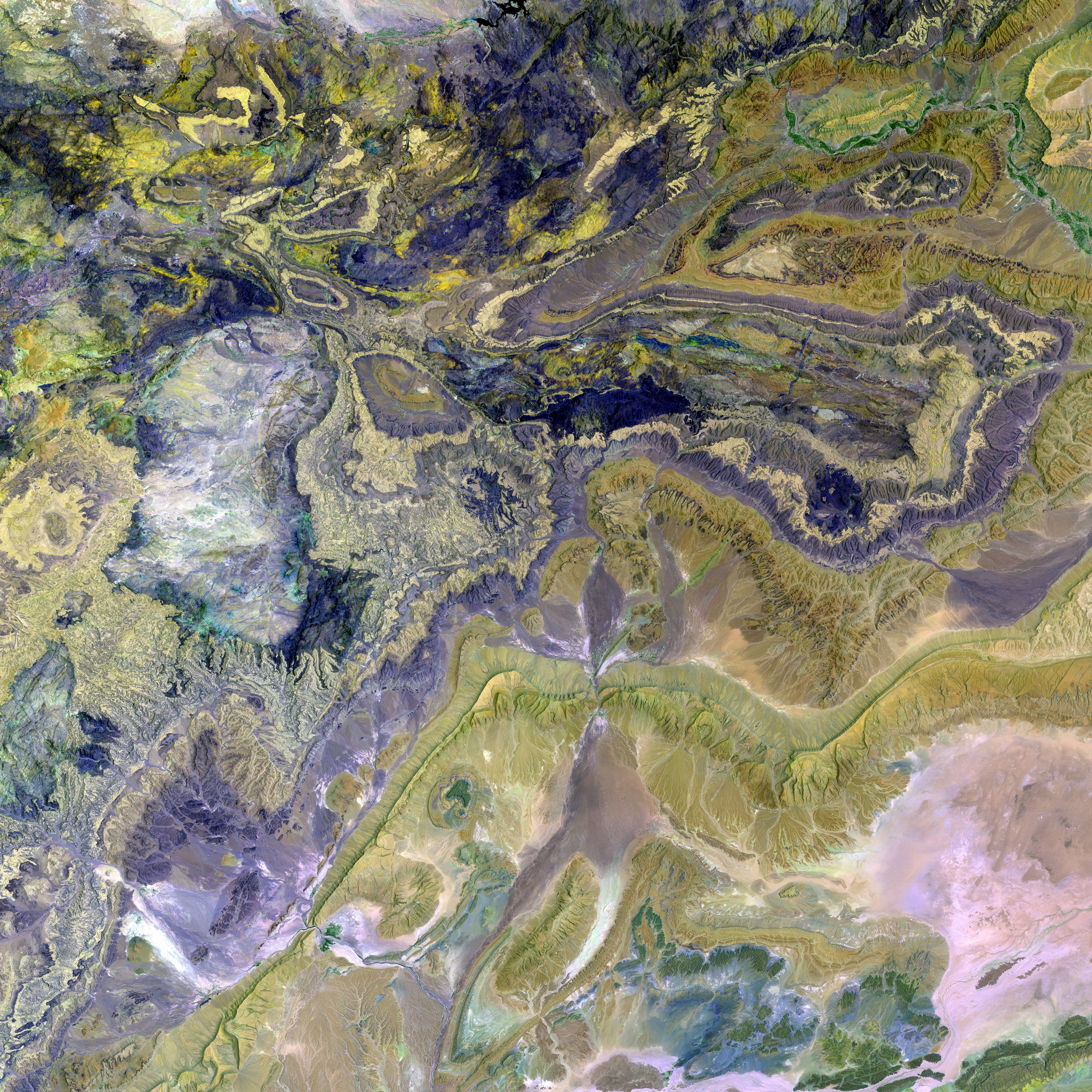Venezuela Strengthens Historical Claim on Essequibo Region, Rejects International Court of Justice's Authority
New and Improved Take on the Essequibo Squabble
Caracas, April 10, 2024 🌐 - In a showdown that rivals a Norman Conquest-era land grab, Venezuelan Vice President Delcy Rodríguez took aim at Guyana, filing a document with the International Court of Justice (ICJ) supporting Venezuela's case for sovereignty over the Essequibo region.
Monday's hearing marked a standoff between Venezuela and the ICJ, with Caracas affirming it doesn't recognize the court's jurisdiction or any decisions on the matter. The Essequibo region, rich in oil reserves and being administered solely by Guyana, has been the bone of contention since 1899.
Guyana requested the ICJ to confirm the boundaries drawn by the 1899 Paris Tribunal that handed over the Essequibo to the United Kingdom, its former colonial power. However, Venezuela calls upon the 1966 Geneva Agreement that advocated for a negotiated resolution between the two nations following Guyana's independence.
Rodríguez shared her sentiments with the press, stating that Venezuela has provided "historical truth" and "solid evidence" to the ICJ, illustrating how Guyana committed a fraudulent award in 1899 and aims to commit another by involving the ICJ. The evidence presented includes claims that oil giant Exxon Mobil allegedly paid US $18 million to the Guyanese government to bring the case to The Hague, violating the 1966 Geneva Agreement.
In 2015, ExxonMobil found massive offshore oil deposits in the undelimited Essequibo waters. The company and its partners are currently pumping about 645,000 barrels per day (bpd), with a projected increase to more than 1.2 million bpd by 2027. Venezuela argues that these activities contravene the 1966 accord.
Venezuela's Foreign Affairs Ministry released a communique recalling that Venezuela isn't among the 119 states that recognize the ICJ's compulsory jurisdiction, reminding readers that the counter-memorial delivery doesn't imply acknowledgement of any court rulings. It also accused Guyana of being a puppet of the United Kingdom and the United States, planning an assault on Venezuela that could destabilize Latin America and the Caribbean.
The controversial "Organic Law for the Defense of Essequibo," passed unanimously by Venezuela’s National Assembly, drew strong criticism from the Caribbean Community (CARICOM). Caricom warned that the legislation could worsen tensions, contradicting the Argyle Declaration signed between Maduro and Guyana's Mohamed Irfaan Ali in December 2023.
Both presidents had agreed to continue direct talks and avoid any threats of violence that could exacerbate the conflict. Despite this, tensions between the nations remain high, and diplomatic efforts seem to have only added fuel to the fire rather than resolving the Essequibo controversy.
- In the political landscape of 2024, the Essequibo dispute between Guyana and Venezuela has resurfaced, with Venezuela's Vice President, Delcy Rodríguez, challenging Guyana's sovereignty over the region at the International Court of Justice (ICJ).
- The upcoming hearing at the ICJ in 2024 could have significant implications for the validity of the Essequibo region's boundaries, as Guyana continues to advocate for the 1899 Paris Tribunal's decision, while Venezuela advocates for the 1966 Geneva Agreement.
- As the Essequibo controversy continues to unfold in 2024, Venezuela accuses Guyana of violating the 1966 Geneva Agreement, alleging that Guyana received payment from Exxon Mobil to bring the case to the ICJ, threatening regional stability and potentially destabilizing Latin America and the Caribbean.









